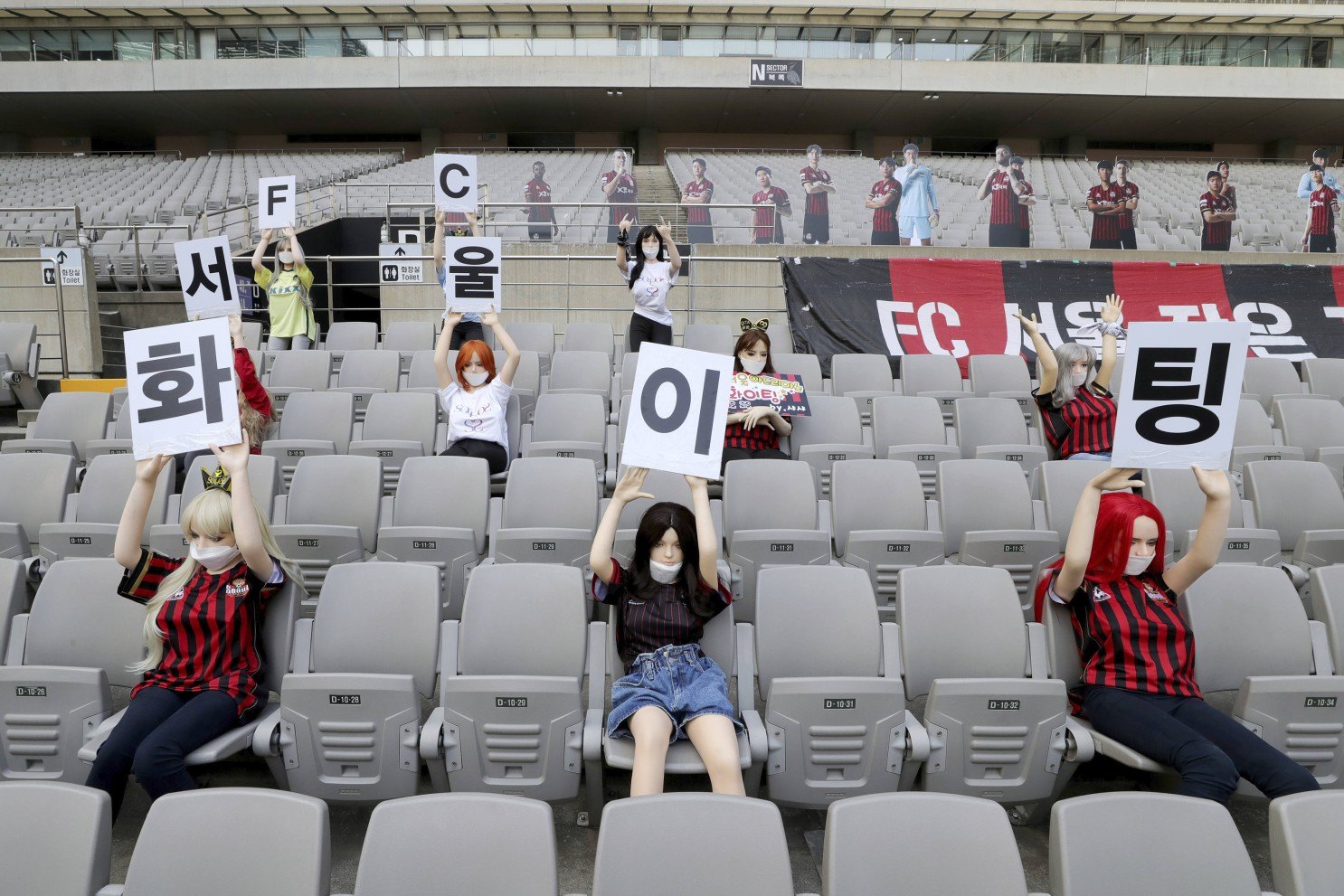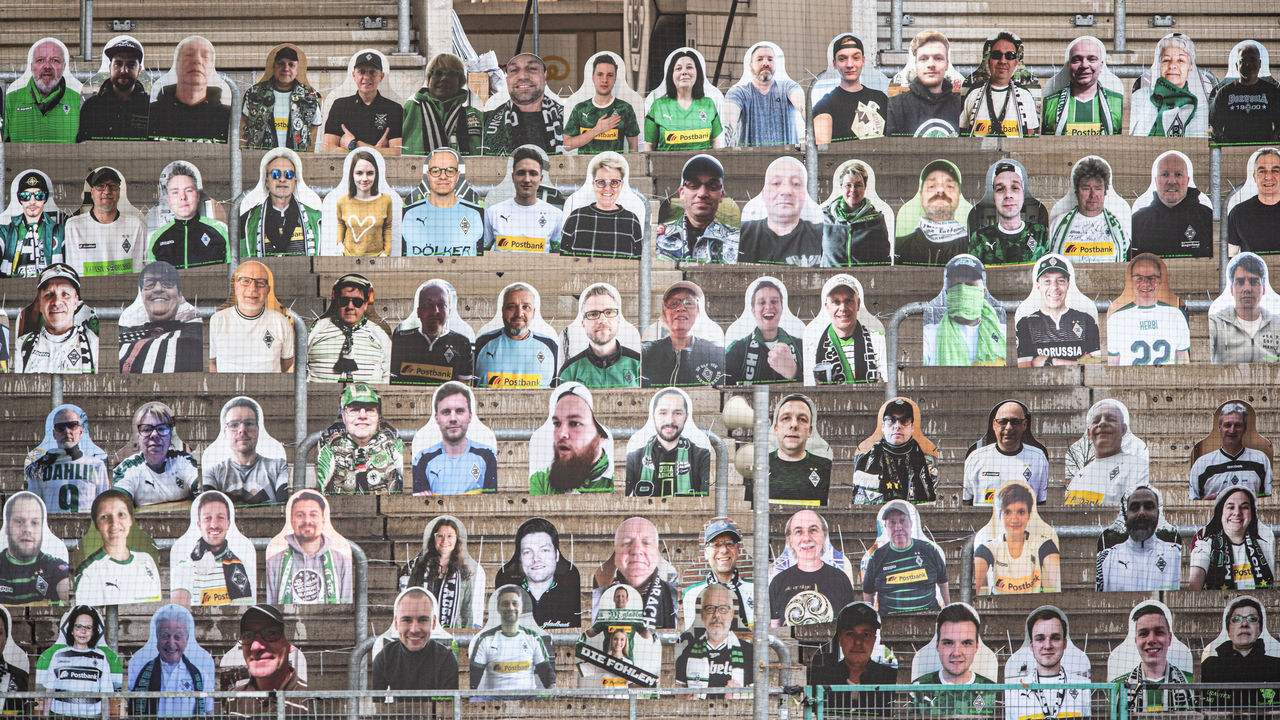Professional sports leagues are starting up without fans in the stands, minimizing the risk of contagion. Home advantage, however, may prove elusive in this new fanless era. But as leagues try everything from piped in crowd noise to artificial fans, we may develop a better understanding about what gives home teams the edge.

Almost every professional sport has a home advantage. Although the size of the advantage may vary, home teams, on average, win a higher percentage of the time. But that advantage may dissipate as game conditions change due to the global pandemic.
In the Bundesliga’s first 18 games after the football league’s restart, only three home teams were victorious. While the sample size is admittedly small, the home advantage implication is jarring. This may explain why teams are going to great lengths to recreate a home field/match day ambiance.
Creating Fans in a Fanless Era
The Korean Professional Football League recently levied its highest fine to a K-League team. Although FC Seoul’s “fans” wore masks and practiced social distancing, the league couldn’t overlook that they were, in fact, inflatable sex dolls. The team publicly apologized for its lack of judgement.
While FC Seoul’s solution was farcical, the problem is a serious one for nearly all professional sports — and sports bettors.

Teams are trying T-shirt clad seats, mannequins, robots, and cardboard cutouts to overcome the eerie emptiness of today’s stadiums. Denmark is even rolling out a virtual grandstand for AGF’s Thursday match against Randers FC. But is it enough just to have the visual cue of fans?
On Sunday, the Bundesliga piped in crowd noise during its broadcasts. A number of studies have shown that crowd noise may be an important element to home advantage. A loud home crowd can influence the officiating of a game, giving the home team an advantage.
Unfortunately, the Bundesliga’s prerecorded crowd noise was only available on the broadcast feed. So, its effect on home advantage would be nil. Nevertheless, as more leagues experiment during their restarts, sports bettors have the opportunity to learn more about home advantage than ever before.
Dissecting Home Advantage
Almost every sports betting model includes a variable for home advantage. It can be different by sport and by team. But it is an important element of a team’s edge. A number of factors, however, can contribute to home advantage. Crowd noise, travel fatigue, field familiarity, the disparity between home and visitor facilities, season length, stadium relocation, altitude, etc. have all been identified as potential contributors to home advantage.
Studies have evaluated all these factors. But it hasn’t been easy to isolate their influence — until now. Team managers and sports bettors, alike, have a unique opportunity to quantify the components of home advantage in the coming months. And what they learn could provide a bigger edge in the years to come.
For instance, the NBA is considering holding its 2020 NBA Playoffs and NBA Finals at a dedicated sports complex. The leading contenders are ESPN’s sports complex at Walt Disney World or a dedicated facility in Las Vegas. If that comes to fruition, imagine what will be learned about how travel and facility familiarity — or the lack thereof — influences “home team” performance.
How much home advantage disappears if a West Coast team no longer has to travel to the East Coast for a game? If Colorado teams no longer play at high altitude, how much home advantage do they lose?
Every time a league attempts something new in these challenging times, it will reveal more about home advantage. Sports bettors need to recognize the coming months as a learning opportunity. And the lessons they learn could provide years of edge.









